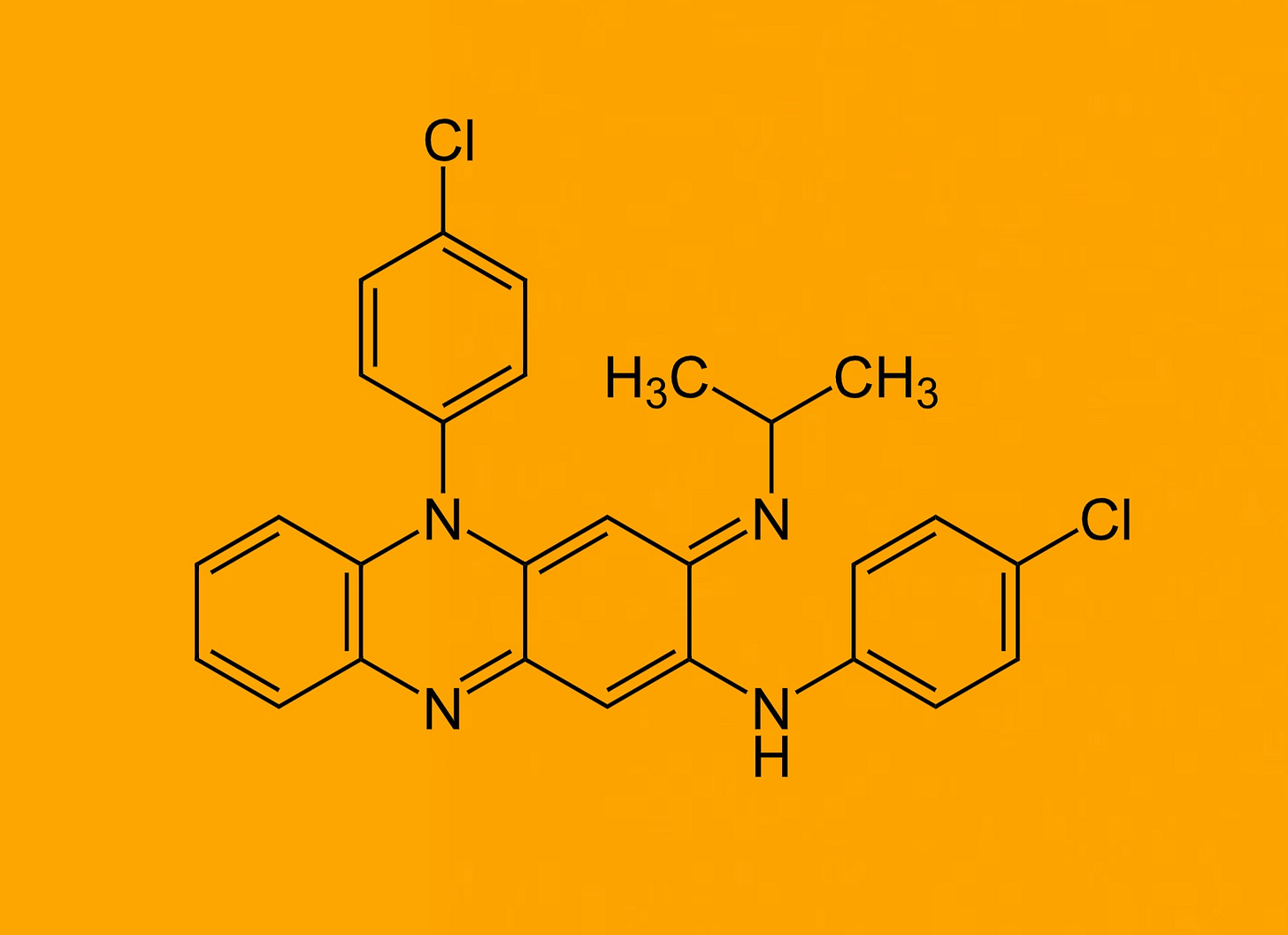When the U.S. government finally started to sound alarms over the coronavirus, a decision to lock down federal prisons came like an iron door suddenly slamming shut. I was getting ready to spend a weekend in Pennsylvania, to visit Martin Shkreli at FCI Allenwood Low. Aware of the rising unease over the virus, I had checked with a prison administrator earlier that week and was told visitation was proceeding as normal.
Then on Friday, March 13, 2020, the day before I was scheduled to leave on my trip, everything changed. An ugly red notice appeared on the prison website declaring that visitation was indefinitely suspended. A flurry of news articles and a press release from the Federal Bureau of Prisons confirmed the worst of my suspicions — the system was put on emergency “modified operations,” supposedly temporarily, but with no obvious end in sight.
“Visiting has been suspended for thirty days,” a prison administrator wrote to me in an email on Monday, March 16, 2020. Visiting ended up being mostly suspended for well over a year.
The agency’s best response to combat a deadly virus was to lock everything down, contain inmates largely to their cells and dormitories, and prohibit visitation. But I knew it was only a matter of time until the virus got in anyway, and in such crowded, dirty and unhealthy conditions it was liable to spread like wildfire.
The situation looked grim, and as I thought about Martin’s health and safety, my anxiety flared up.
But when Martin reached out to me through the closed-circuit prison email system a few days later, he sounded almost cheerful. “I’ve been thinking a lot about the coronavirus,” he said in an email on March 16, 2020. Soon after that he called me to elaborate, and his voice radiated with optimism. Covid might in some ways be a blessing in disguise for him, he told me.












